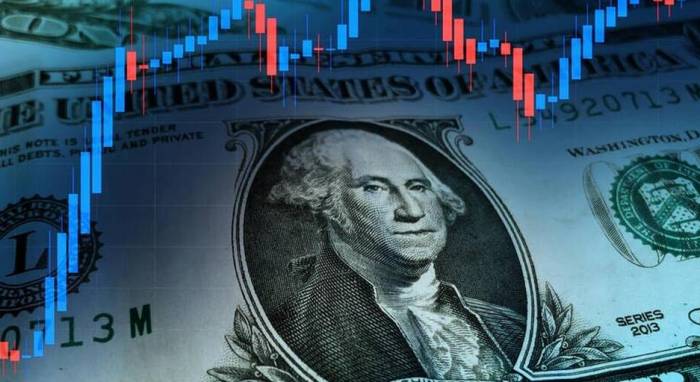Morgan Stanley downgrades U.S. auto stocks, across the board lowering ratings for "American carmakers" such as General Motors, Ford, Rivian, and other automotive companies.
As a result, on Wednesday, U.S. auto stocks came under pressure. During the early morning of U.S. stocks, General Motors' shares fell by more than 6.4% at one point, Ford's shares fell by more than 5%, while Tesla's stock price rose by more than 1% at one point.
On Wednesday, September 25th, Eastern Time, Morgan Stanley analyst Adam Jonas released a report downgrading U.S. auto stocks. At the beginning of the report, Jonas wrote:
"We are downgrading our rating of the U.S. auto industry from 'Attractive' to 'In Line'. Overall, our downgrade is due to a variety of international, domestic, and strategic factors, which we believe investors may not fully recognize."
Jonas pointed out in the report that the downgrade was based on a comprehensive consideration of a series of domestic and international factors, including the intensification of price wars, market share compression, insufficient consumer power, and the rise in credit default rates. He emphasized that these factors are gradually eroding the profits of American car companies.
The average transaction price of U.S. cars has approached historical highs, putting pressure on consumers. Although interest rates have decreased, the average monthly car payment in the U.S. has exceeded $700, making consumers more hesitant when buying cars.
In addition, for consumers with lower credit scores, the credit default rate continues to rise, indicating that they are increasingly finding it difficult to afford the cost of buying a car. Data from auto asset-backed securities (ABS) shows that more and more consumers are defaulting on payments for longer periods and with greater severity, further affecting car sales.
In the international market, overseas electric vehicle brands are gradually eroding the market share of Western traditional car manufacturers by offering affordable, diverse, and high-quality products. The intensification of competition from Japanese, Korean, and electric vehicle (EV) brands has put U.S. manufacturers under multiple pressures, including falling prices, weakened product portfolios, rising costs, and shrinking market share.
Jonas also mentioned capital discipline and regulatory risks. Although the industry had expected industry consolidation and merger and acquisition activities, these expectations have not been realized. At the same time, compliance risks continue to rise in order to meet strict carbon dioxide emission standards, bringing new challenges to companies.
In the field of Advanced Driver Assistance Systems (ADAS) and autonomous vehicles (AV), the capital intensity required for competition has been overlooked by many. With the rise of artificial intelligence (AI) and data themes in the automotive industry, car manufacturers need to invest billions of dollars in proprietary AI models. Jonas questioned the financial ability of many traditional car manufacturers to make these investments.Morgan Stanley downgraded Ford Motor Company's rating from "Overweight" to "Equal-weight" in its report, setting a target price of $12. At the same time, it downgraded General Motors Company's rating from "Equal-weight" to "Underweight."





























